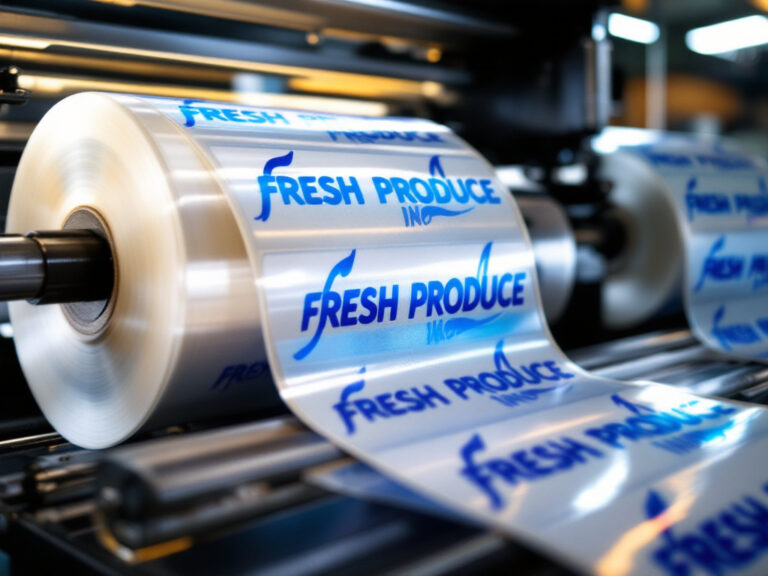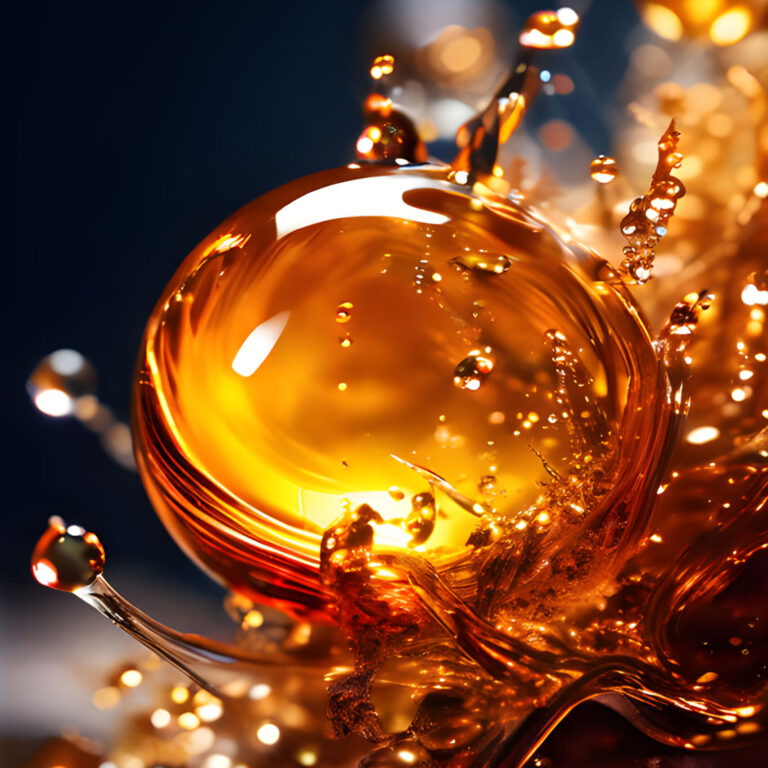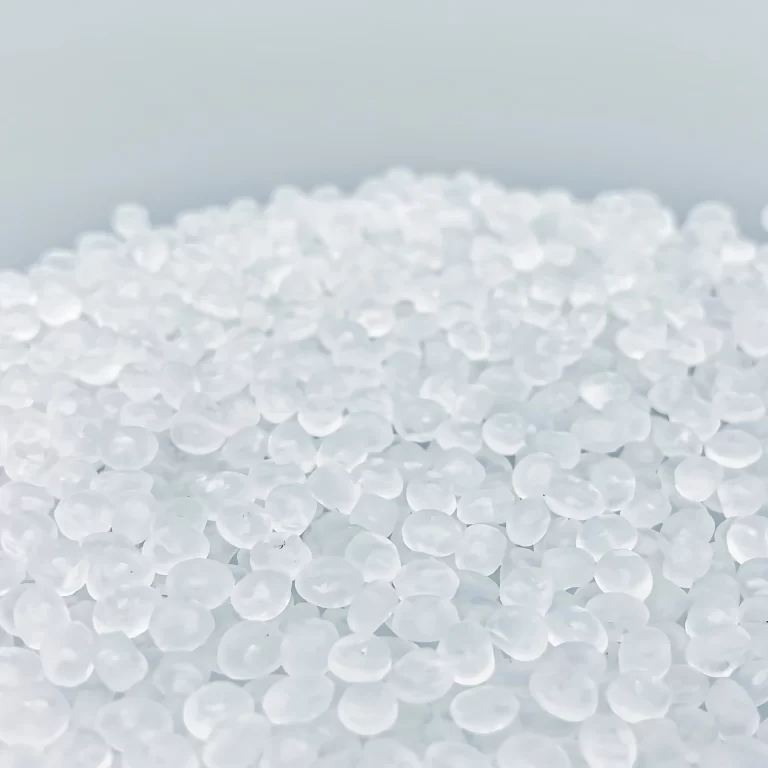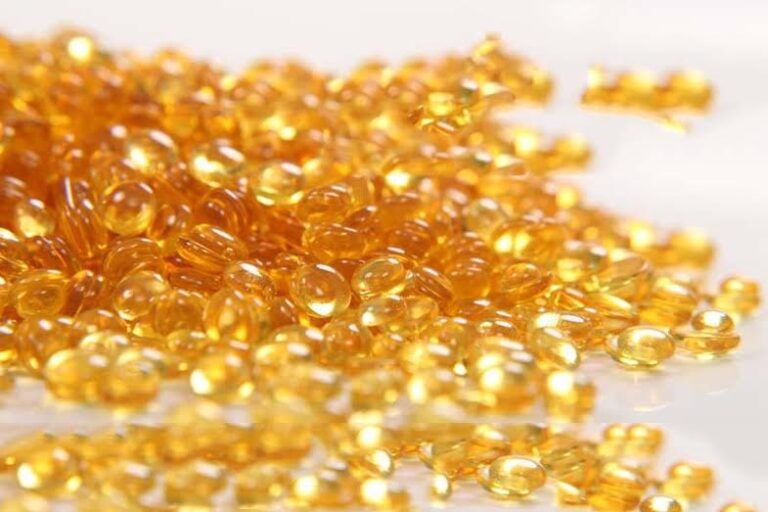What are Resins?
Resins are sticky, organic substances that can be either natural or synthetic. They are typically viscous when in liquid form and harden upon exposure to heat, UV light, or a chemical catalyst. Resins are used as adhesives, coatings, and casting materials, among other applications, due to their strong bonding capabilities, durability, and resistance to environmental factors.
Types of Resins
1. Epoxy Resin
Epoxy resin is known for its exceptional adhesive properties, chemical resistance, and durability. It is widely used in:
- Art and Crafts: Epoxy is popular for making jewelry, tabletop coatings, and embedding objects in resin art.
- Construction: Used for flooring, countertops, and as a bonding agent for various building materials.
- Electronics: Provides insulation and protection for electronic components.
2. Polyester Resin
Polyester resin is a cost-effective and versatile material, often used in:
- Marine Industry: Commonly used in boat building and repair due to its water-resistant properties.
- Automotive Industry: Utilized in the manufacture of car bodies and other components.
- Fiberglass Products: Acts as a binder for fiberglass, creating strong, lightweight materials.
3. Polyurethane Resin
Polyurethane resin is known for its flexibility and impact resistance, making it ideal for:
- Casting: Used in mold making and prototyping.
- Coatings: Provides a protective layer for floors, wood, and other surfaces.
- Sealants: Commonly used in construction for sealing joints and gaps.
4. Acrylic Resin
Acrylic resin is favored for its clarity and UV resistance. Its applications include:
- Acrylic Paints: Used as a binder in high-quality paints.
- Signage and Displays: Creates clear, durable signs and display cases.
- Decorative Items: Used in making transparent or colored decorative pieces.
Common Uses of Resins
1. Art and Crafts
Resins are a favorite among artists for creating beautiful, glossy finishes on paintings, jewelry, and sculptures. The ability to mix pigments, embed objects, and achieve glass-like clarity makes resins a versatile medium for creative projects.
2. Construction
In the construction industry, resins are used as adhesives, sealants, and coatings. They provide strength, water resistance, and durability, making them essential for flooring, countertops, and structural bonding.
3. Manufacturing
Resins play a crucial role in manufacturing a wide range of products, from electronics to automotive parts. Their ability to form strong bonds and provide protective coatings enhances the longevity and performance of various components.
4. Marine Applications
The water-resistant properties of certain resins, like polyester and epoxy, make them ideal for boat building and repair. Resins ensure that boats remain watertight and durable, even in harsh marine environments.
Benefits of Using Resins
1. Durability
Resins create strong, durable bonds that can withstand various environmental conditions, making them suitable for both indoor and outdoor applications.
2. Versatility
With a wide range of types and formulations, resins can be tailored to suit specific needs, whether it’s for artistic projects, construction, or industrial manufacturing.
3. Resistance
Resins are resistant to water, chemicals, and UV light, ensuring that they maintain their properties and appearance over time.
4. Ease of Use
Many resins are easy to mix and apply, making them accessible for both professionals and hobbyists. The curing process can be controlled to achieve the desired hardness and finish.
Conclusion
Resins are an incredibly versatile and valuable material in various industries. Whether you’re an artist looking to create stunning pieces, a builder seeking durable adhesives and coatings, or a manufacturer aiming for high-performance components, resins offer a solution. By understanding the different types of resins and their applications, you can harness their unique properties to enhance your projects and products.
Explore the world of resins and discover how this remarkable material can transform your work, providing durability, versatility, and exceptional performance.









